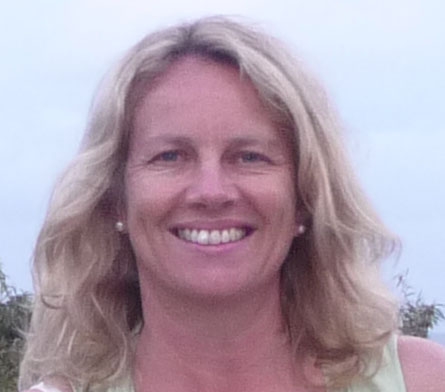Natasha Stacey

Dr Natasha Stacey holds a PhD in anthropology from the Northern Territory University. Over the last 15 years she worked on natural resource management research and development projects across the Pacific Islands and eastern Indonesia, and more recently northern Australia, Timor Leste and Malaysia.
She spent most of the 1990s conducting research into the social, cultural and economic drivers of Bajo and other Indonesian traditional fishing activity in Australian waters. During 2000- 2005 she was employed as a Community Assessment and Participation Specialist on a Global Environment Facility-funded Pacific International Waters Project based at the headquarters of the Pacific Regional Environment Programme in Samoa. For the last six years she has worked as a Research Fellow at Charles Darwin University and currently holds a Senior Research Fellow position in the Research Institute for the Environment and Livelihoods at Charles Darwin University. Recent research projects include development of alternative livelihoods for communities in the Northern Territory and West Timor, Indonesia; building local capacity for whale shark conservation in eastern Indonesia; designing a participatory monitoring framework to support joint management of Parks in the Northern Territory, and improving coastal and marine livelihoods, and fisheries management in the Arafura-Timor Seas region. Her research interests include
- Social, cultural and economic issues impacting on environmental values, natural resources and protected areas
- Approaches for multidisciplinary and interdisciplinary research for improved community-based resource management
- Participatory planning processes and facilitation, social impact assessment
- Bajo and Indonesian fishing activity in the Arafura and Timor seas
- Maritime and environmental anthropology.




